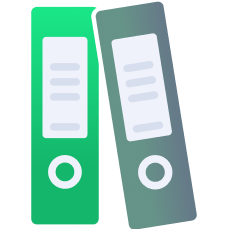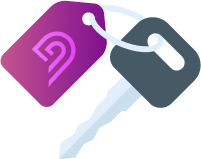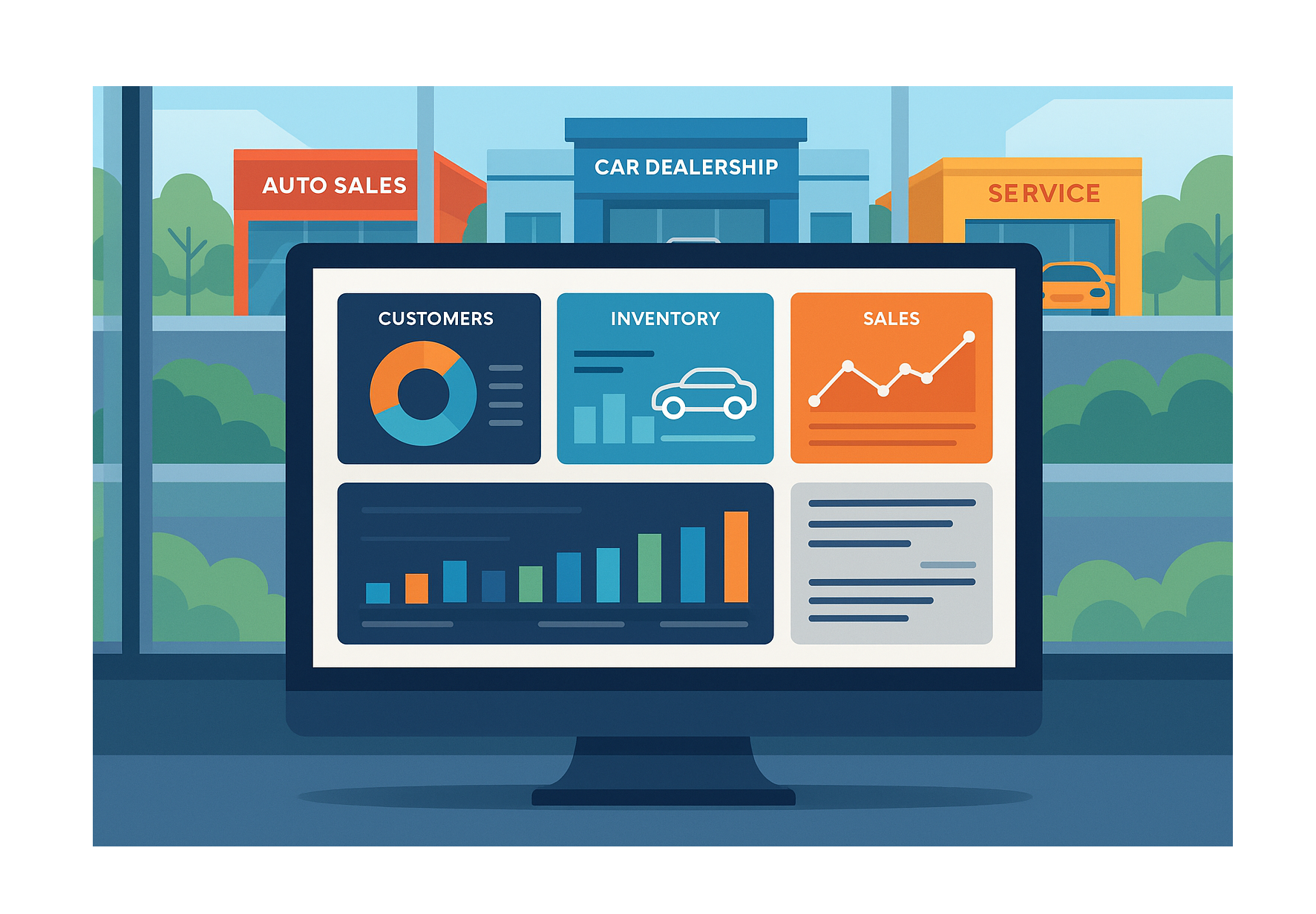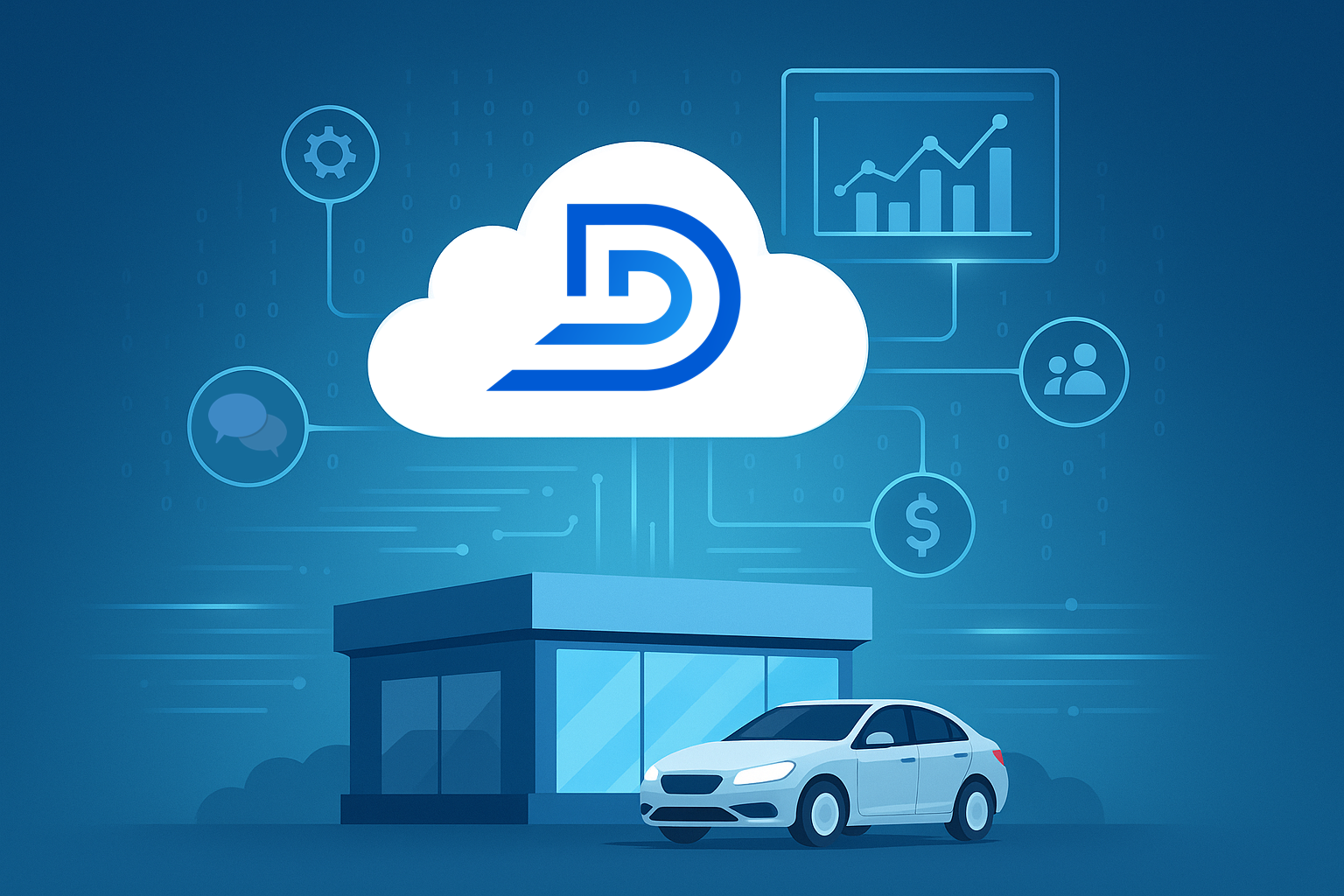What Defines a Platform?
A traditional Platform used to denote a structured environment for software development. It fostered the programming of an underlying subsystem including - language, runtime, components and all associated libraries and binaries.
Today, the industry might consider a platform to be anything that you can build upon. Some solution providers rely on vague descriptions, claiming they offer cloud computing for dealerships. Don't be fooled. With more agencies and companies adopting the power of the cloud, it has become crucial to understand open platform basics and the different deployment models. The cloud model is composed of five essential characteristics, three service models, and four deployment models.
But what exactly is a Platform? After releasing its 16th and final version, The NIST Definition of Cloud Computing has been widely adopted as the de facto definition.
"Cloud computing is a model for enabling ubiquitous, convenient, on-demand network access to a shared pool of configurable computing resources (e.g., networks, servers, storage, applications, and services) that can be rapidly provisioned and released with minimal management effort or service provider interaction."
The smartphone makes a perfect example. Each device has its own form factor, an operating system, and the ability to interconnect with other software streams. Other "Apps" can be added to the phone that were not originally foreseen at the time of its initial purchase. The main emphasis being that application platforms are customizable and can be doing something markedly different five years after they were initially built.
PRODUCT software was not designed for this type of development approach. Traditional software was built to be proven and stable right out of the box. It had to be downloaded or installed to your hard drive and it operated systematically with predictable functions. These software products came with predefined business logic that narrowed their ultimate breadth of scope.
PLATFORM software beats a product every time because no software vendor can foresee the domain logic of a customer company longer than a couple of years. Companies who invest in platforms developed faster and cheaper than if they built stand-alone products. For example, Apple iTunes started by selling music tracks and now uses the same framework to sell videos. Amazon first developed an online retail framework and started by selling books. Over time they've expanded their retail framework to offer more than 12 million products.
Implementing the right technology can help your organization reap the promised benefits of cloud computing - Cost Savings, Energy Savings, Rapid Deployment and Customer Empowerment. A true platform should be device agnostic, offer APIs at no additional charge, and enhance your web security. Software Multitenancy allows cloud computing to support a larger group of user needs, potentially in different departments and at different locations. When your entire business can run on the same cloud instance, charging per rooftop fees is no longer necessary.
DealerTeam is an open platform that allows multiple business models to be built and supported. Our cloud-based Apps help support different data models structured to be flexible and built for change. The foundation exists to develop and deploy distinguished software applications in short and foreseeable release cycles. Businesses who embrace platform technology understand that change is constant. They're motivated by flexible and cost-wise development, faster customer-facing deployment, and the freedom to build modular integrations with other vendors.
























.png)



















































































































.png)



